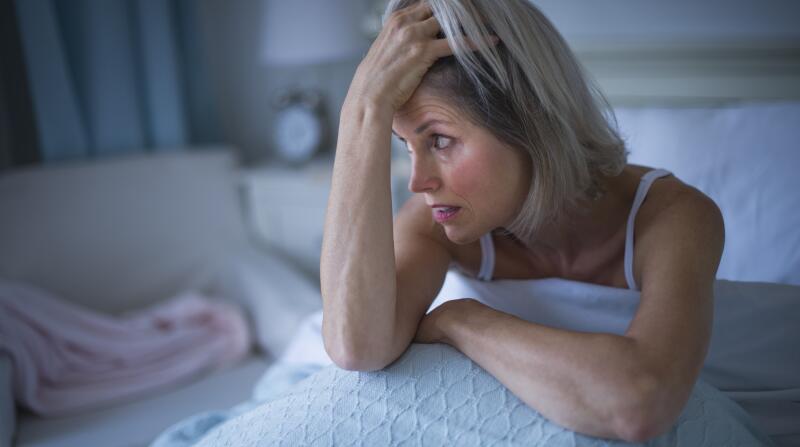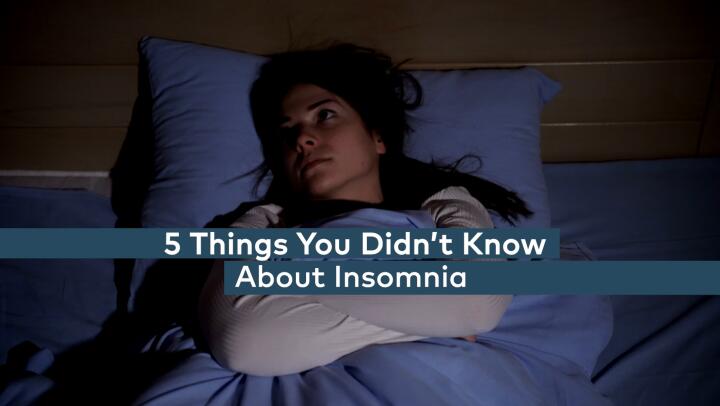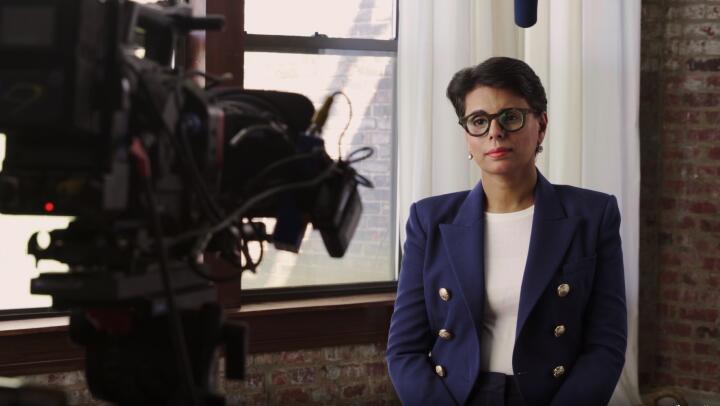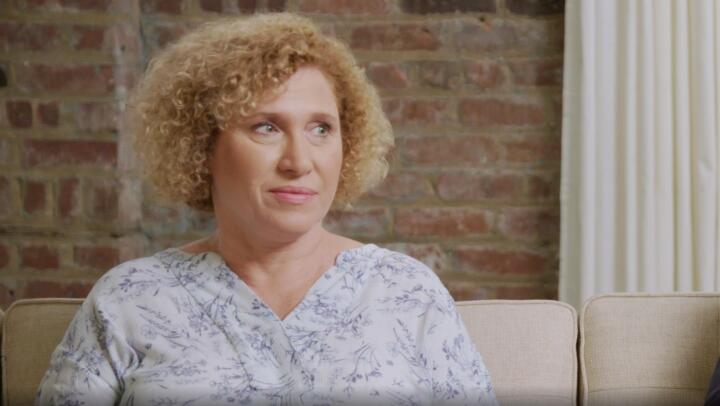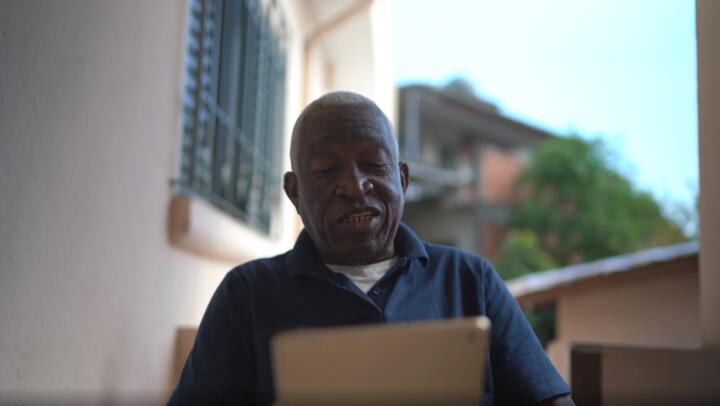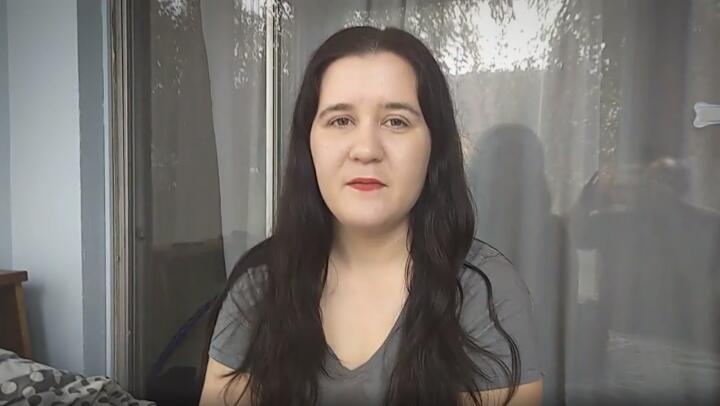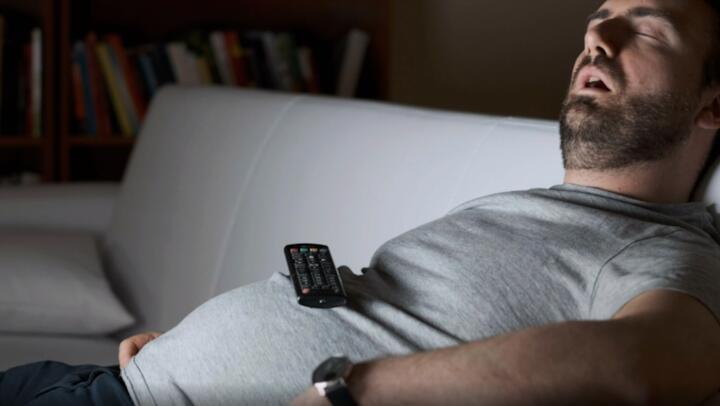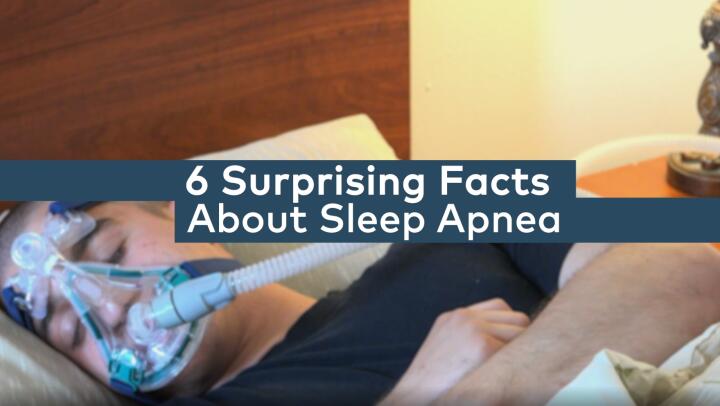5 Myths About Sleep Apnea

Medically Reviewed By William C. Lloyd III, MD, FACS
Written By Ashley Festa on September 18, 2022
-
 Sleep apnea is common, and so are the myths about it.Sleep apnea is a serious sleep disorder that affects more than 18 million men, women, and children. Many people go undiagnosed and untreated because they don’t recognize that they have the condition or that it’s a serious health concern. Make sure you know the truth about sleep apnea so you can seek the best treatment for your situation.
Sleep apnea is common, and so are the myths about it.Sleep apnea is a serious sleep disorder that affects more than 18 million men, women, and children. Many people go undiagnosed and untreated because they don’t recognize that they have the condition or that it’s a serious health concern. Make sure you know the truth about sleep apnea so you can seek the best treatment for your situation. -
 Myth #1: Sleep apnea is just snoring.Snoring is a symptom of sleep apnea, but not everyone who snores has sleep apnea and not everyone who has sleep apnea snores. Obstructive sleep apnea occurs when the upper airway becomes blocked repeatedly while you’re asleep, which hinders or even stops you from breathing for 10 seconds or longer. Central sleep apnea, which is less common, isn’t an airway blockage; it occurs when the brain doesn’t send the right signals to breathe. This can happen tens or hundreds of times every night.
Myth #1: Sleep apnea is just snoring.Snoring is a symptom of sleep apnea, but not everyone who snores has sleep apnea and not everyone who has sleep apnea snores. Obstructive sleep apnea occurs when the upper airway becomes blocked repeatedly while you’re asleep, which hinders or even stops you from breathing for 10 seconds or longer. Central sleep apnea, which is less common, isn’t an airway blockage; it occurs when the brain doesn’t send the right signals to breathe. This can happen tens or hundreds of times every night. -
-
 Myth #2: Sleep apnea is no big deal.This is a dangerous myth. Sleep apnea reduces the amount of oxygen in the blood and contributes to many other health problems, such as high blood pressure, heart disease, diabetes, stroke, and cognitive impairment. And because the sleeper partially wakes up each time breathing stops, sleep apnea can cause such severe daytime sleepiness that people sometimes fall asleep while driving or on the job. Sleep apnea also can be a factor in depression, weight gain, sexual dysfunction, and headaches. Children with the condition can have trouble academically because of poor sleep. These issues can make a serious impact on your health, which is why it’s so important to seek diagnosis and treatment.
Myth #2: Sleep apnea is no big deal.This is a dangerous myth. Sleep apnea reduces the amount of oxygen in the blood and contributes to many other health problems, such as high blood pressure, heart disease, diabetes, stroke, and cognitive impairment. And because the sleeper partially wakes up each time breathing stops, sleep apnea can cause such severe daytime sleepiness that people sometimes fall asleep while driving or on the job. Sleep apnea also can be a factor in depression, weight gain, sexual dysfunction, and headaches. Children with the condition can have trouble academically because of poor sleep. These issues can make a serious impact on your health, which is why it’s so important to seek diagnosis and treatment. -
 Myth #3: Only old, overweight men get sleep apnea.It’s true that older and overweight men have a higher risk of sleep apnea, but they aren’t the only ones who suffer from the condition. Sleep apnea can happen to anyone in any age group, even babies and children. About 25% of men and about 10% of women have sleep apnea worldwide. People with certain physical traits, such as a recessed chin, large neck, low-hanging soft palate, or enlarged tonsils, also have a higher risk of obstructive sleep apnea. And central sleep apnea can occur in people who have had a stroke or other nervous system problems.
Myth #3: Only old, overweight men get sleep apnea.It’s true that older and overweight men have a higher risk of sleep apnea, but they aren’t the only ones who suffer from the condition. Sleep apnea can happen to anyone in any age group, even babies and children. About 25% of men and about 10% of women have sleep apnea worldwide. People with certain physical traits, such as a recessed chin, large neck, low-hanging soft palate, or enlarged tonsils, also have a higher risk of obstructive sleep apnea. And central sleep apnea can occur in people who have had a stroke or other nervous system problems. -
 Myth #4: People can only be diagnosed with sleep apnea in a sleep lab.A sleep evaluation can be conducted in either a sleep laboratory or at home. Depending on your symptoms and general health, your doctor may recommend one or the other. A polysomnogram (PSG) is used overnight in the sleep lab and records many different bodily functions that happen while you sleep. A home sleep test can also be effective, but it records fewer bodily functions. People with other medical problems, like heart failure, neuromuscular disease, and other serious conditions are better off with a PSG for diagnosis of sleep apnea.
Myth #4: People can only be diagnosed with sleep apnea in a sleep lab.A sleep evaluation can be conducted in either a sleep laboratory or at home. Depending on your symptoms and general health, your doctor may recommend one or the other. A polysomnogram (PSG) is used overnight in the sleep lab and records many different bodily functions that happen while you sleep. A home sleep test can also be effective, but it records fewer bodily functions. People with other medical problems, like heart failure, neuromuscular disease, and other serious conditions are better off with a PSG for diagnosis of sleep apnea. -
 Myth #5: The best treatment for sleep apnea is surgery.Surgery is rarely the first line of treatment for people with sleep apnea. Doctors will usually recommend other options before suggesting surgery. Healthy lifestyle changes, such as losing weight and quitting smoking, are a good place to start. Breathing devices or mouthpieces can be used to keep airways open and oxygen flowing. If these options don’t work, surgery may be needed. Your doctor can implant a device to stimulate breathing, or surgical procedures can correct physical traits that hinder nighttime breathing.
Myth #5: The best treatment for sleep apnea is surgery.Surgery is rarely the first line of treatment for people with sleep apnea. Doctors will usually recommend other options before suggesting surgery. Healthy lifestyle changes, such as losing weight and quitting smoking, are a good place to start. Breathing devices or mouthpieces can be used to keep airways open and oxygen flowing. If these options don’t work, surgery may be needed. Your doctor can implant a device to stimulate breathing, or surgical procedures can correct physical traits that hinder nighttime breathing. -
Sleep Apnea Myths | Sleep Apnea



